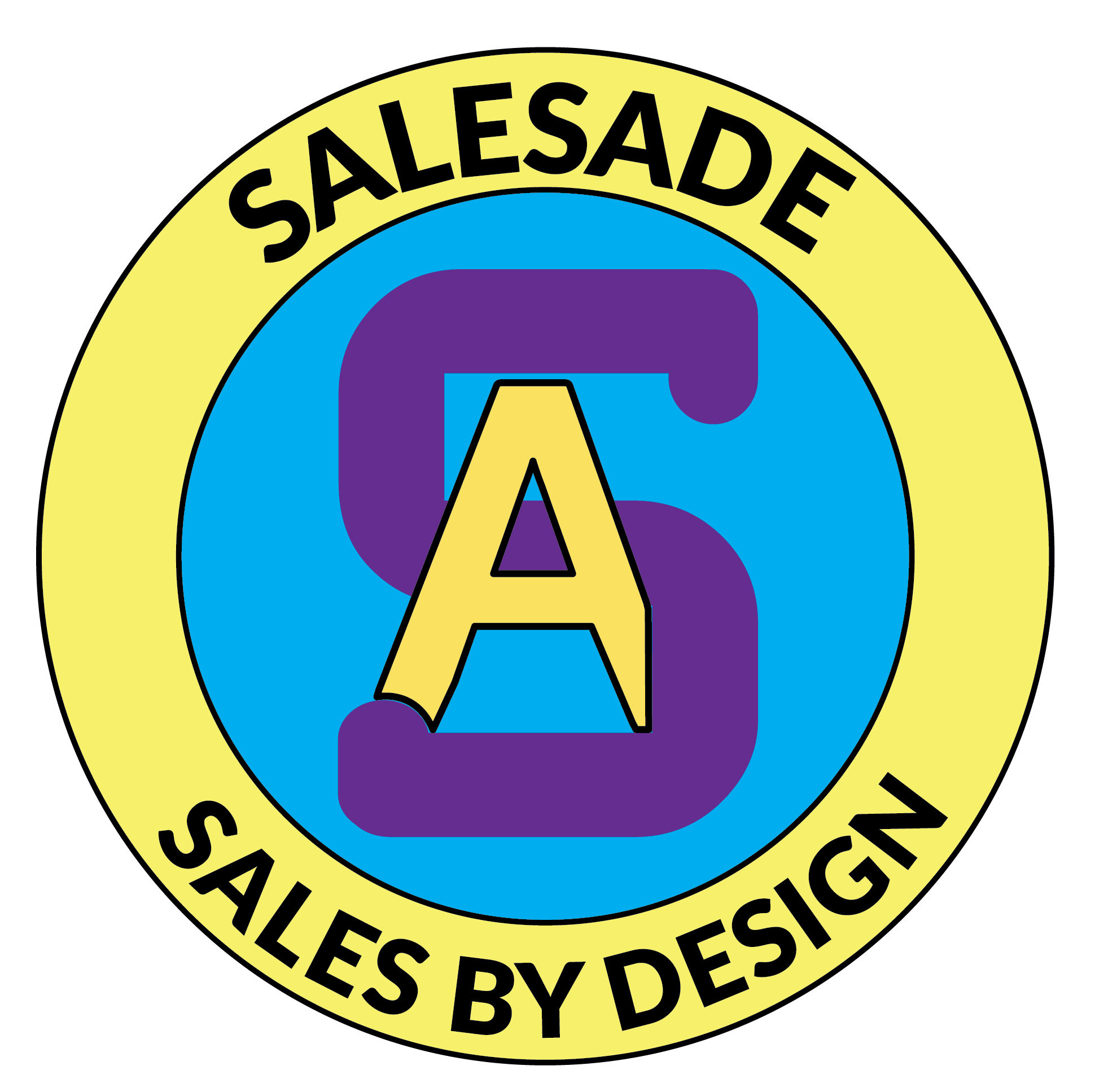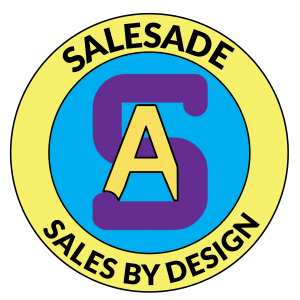It can be challenging to establish trust and credibility, particularly with new customers. Existing satisfied customers using your products can provide very powerful references for your opportunities. Your customer references will also be able to provide technical feedback and helpful tips about using your products in a real working environment.
A customer reference strategy should always be a key part of your Sales toolkit. Good customer references include;
- Those that have previously acted as a good reference for you or your company
- Industry leaders to partner with for specific or key products
- Consider geography and strategically placed references to cover the country or a region
- Targeting good references as early product adopters can be a good product launch strategy
- Good clinical references are usually linked to established relationships & company partnerships
Always remember to keep potential customers focused on you, ensuring they always have a reason to remain in contact with you. Of course, communicate that providing customer references will be a part of the evaluation process. However, the timing of facilitating these within the Sales process is key. Utilizing customer references too early and you risk your potential opportunities communicating technical questions directly with your references, giving them one less reason to stay focused on you as a valued resource. Utilizing customer references later in the Sales process ensures you continue to quantify and qualify your opportunities. Therefore, only requesting references for those with a serious interest in purchasing your product. This should help to ensure your references provide fewer, high quality references, rather than facing reference burnout.
Ensuring you have happy customers is a key part of any Sales job, managing your customer references, ensuring they are happy and up to date is even more important. Formalizing your customer references is a good reason to maintain continuous contact with these customers. As your references grow, where feasible, have a team member assigned to focus on managing and supporting your references.
It is important to set clear expectations, boundaries and guidelines between your references and your company. These can include simple workflow guidelines, e.g. the number of agreed references, method of contact and who to contact. You may also need to agree what your customer references receive in return, particularly if any costs will be incurred. This may simply be an act of goodwill, or an opportunity to raise their company profile. They may also have unique access to your development colleagues. To ensure transparency for both parties, it is sensible to formalize any agreement as a simple one-page document.
You should always be looking towards your next potential customer references and partnerships. One of the best ways to determine who will make a good future references, is to always ask for something in return from your customers, as part of your continuous communication. Even if it’s just asking them to acknowledge a communication you have just sent. Those that enter into a two-way communication with you are much more likely to make good future partners and act as a customer reference.
If you would like to learn more about Powerful Referrals, please contact SalesAde

